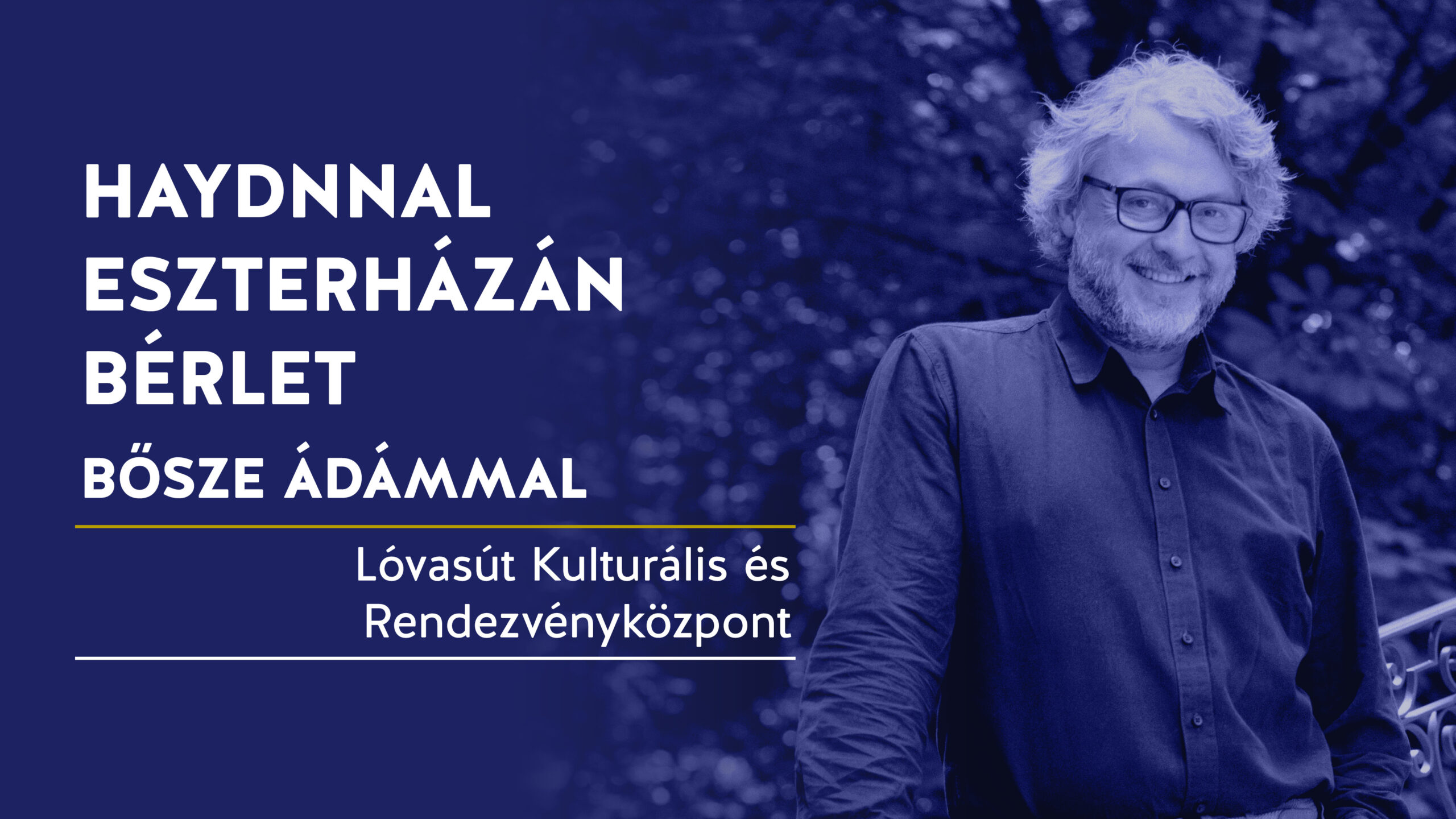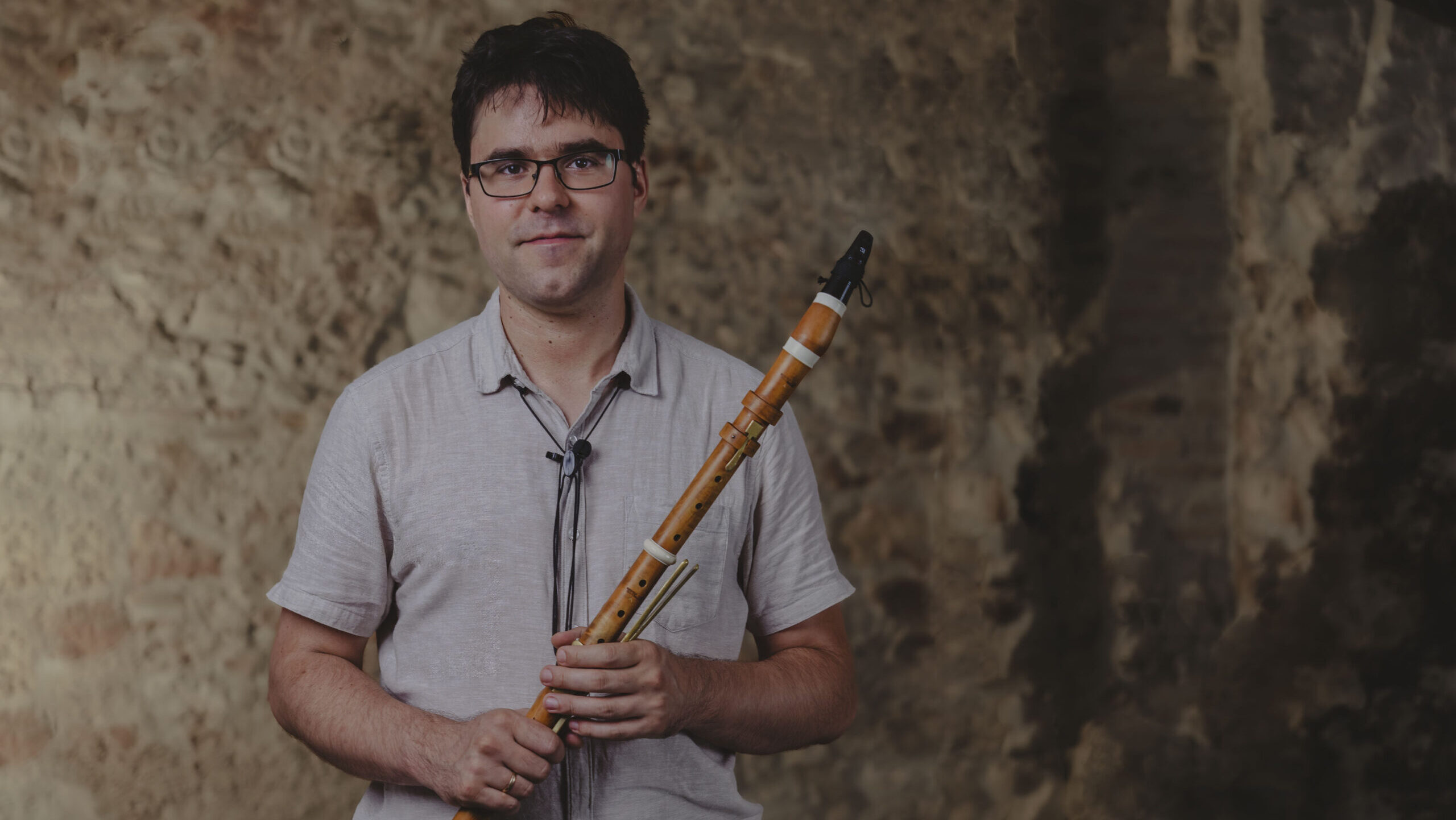Next programs
After recalling Joseph Haydn's travels to London, his "Paris" symphonies and his life in Vienna, music historian Ádám Bősze discusses...
Mozart: Symphony No. 29 in A Major, K. 201 Mozart: Clarinet Concerto in A major --- Mozart: Mass in C...
W. A. MOZART: Symphony No. 29 in A Major, K. 201 Clarinet Concerto in A major, K. 622 --- Mass...

